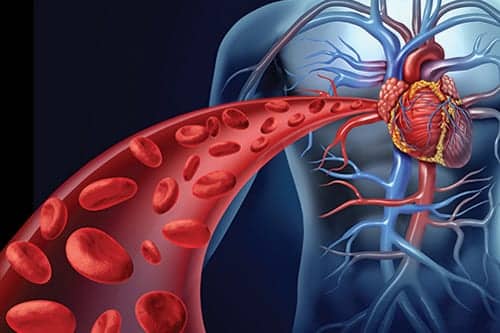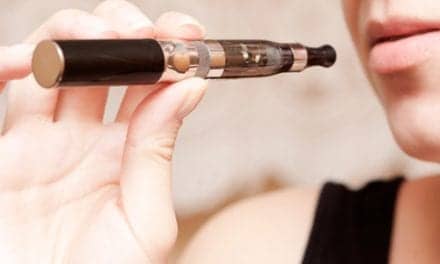Chronic exposure to an “environmentally relevant concentration” of secondhand smoke impairs muscle cells within heart tissue and their constriction, according to a new study published in Function.
Specifically, in a study of male mice, secondhand smoke impaired mesenteric arterial myocyte electrophysiology (muscle cells within heart tissue) and myogenic tone (constriction of vascular smooth muscle). The research also found passive exposure to cigarette smoke might contribute to “increased blood pressure and risks of developing vascular complications.”
Mice in this study were exposed to either filtered air or SHS for periods of four, eight or 12 weeks. While the research shows cigarette smoke and SHS have “significant detrimental vascular effects,” physiologist said its effects on myogenic tone of small resistance arteries and the underlying mechanisms are “understudied.”
According to the study:
Myogenic tone was found to be elevated in mesenteric arteries from mice exposed to SHS for 12 weeks but not for 4 or 8 weeks. … Moreover, 12 week SHS exposed arterial myocytes have reduced total potassium channel current density, which correlates with a depolarized membrane potential (Vm).
These results suggest that SHS exposure induces alterations in key ionic conductances that modulate arterial myocyte contractility and myogenic tone. Thus, chronic exposure to an environmentally relevant concentration of SHS impairs mesenteric arterial myocyte electrophysiology and myogenic tone, which may contribute to increased blood pressure and risks of developing vascular complications due to passive exposure to cigarette smoke.










